- Your cart is empty
- Continue Shopping

Product
- Active Ingredients:
- Lopimune contains a combination of two antiretroviral drugs:
- Lopinavir: A protease inhibitor that targets the HIV-1 protease enzyme, inhibiting viral replication.
- Ritonavir: A pharmacokinetic enhancer that boosts the levels of lopinavir in the bloodstream by inhibiting its metabolism.
- Lopimune contains a combination of two antiretroviral drugs:
- Medical Uses:
- HIV/AIDS Treatment: Lopimune is used in the treatment of human immunodeficiency virus (HIV) infection in adults and pediatric patients. It is typically prescribed as part of combination therapy with other antiretroviral medications.
- Mode of Action:
- Lopinavir inhibits the activity of the HIV-1 protease enzyme, which is essential for the cleavage of viral precursor polyproteins into functional proteins during viral replication. By blocking protease activity, lopinavir prevents the production of mature infectious virus particles.
- Ritonavir acts as a pharmacokinetic enhancer by inhibiting the metabolism of lopinavir in the liver. This allows for higher and more sustained levels of lopinavir in the bloodstream, enhancing its antiviral efficacy.
- Dosage and Administration:
- The dosage of Lopimune is determined by a healthcare professional based on factors such as the patient’s weight, HIV viral load, and treatment history.
- It is typically taken orally in the form of tablets, usually with food to enhance absorption.
- Side Effects:
- Common side effects of Lopimune may include gastrointestinal symptoms such as nausea, vomiting, diarrhea, and abdominal pain. Other side effects may include headache, fatigue, and changes in blood lipid levels.
- Some patients may experience liver toxicity or skin reactions, although these side effects are less common.
- Precautions:
- Before using Lopimune, individuals should inform their healthcare provider about their medical history, existing medical conditions, and medications they are currently taking, especially other antiretroviral drugs.
- Lopimune should be used with caution in patients with pre-existing liver disease or risk factors for liver toxicity. Regular monitoring of liver function tests is recommended during treatment.
- Duration of Treatment:
- The duration of treatment with Lopimune varies depending on factors such as the patient’s HIV viral load, CD4 cell count, and treatment response. It is typically used as a lifelong therapy for HIV infection.
- Prescription Required:
- Yes, Lopimune is a prescription medication, and it should only be used under the guidance and supervision of a qualified healthcare professional.
- Note:
- Lopimune is an important component of combination antiretroviral therapy (ART) for the management of HIV infection. It has been shown to be effective in reducing HIV viral load, restoring immune function, and improving clinical outcomes in HIV-infected individuals.
It’s essential for individuals living with HIV/AIDS to consult their healthcare provider for personalized advice regarding the use of Lopimune, including dosage, potential side effects, and interactions with other medications or medical conditions. Regular monitoring and adherence to treatment are crucial for the successful management of HIV infection.
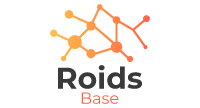

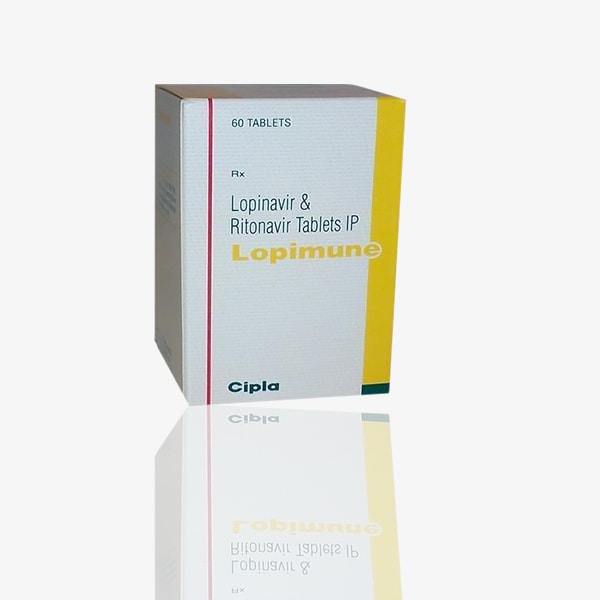
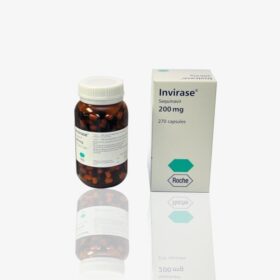
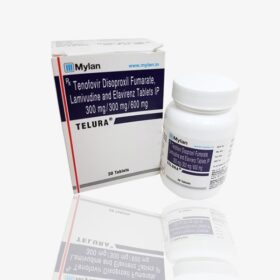
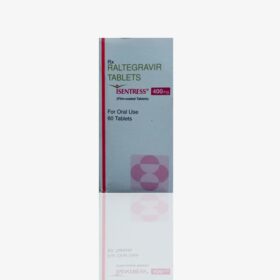

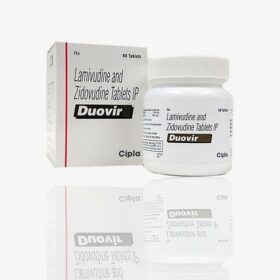
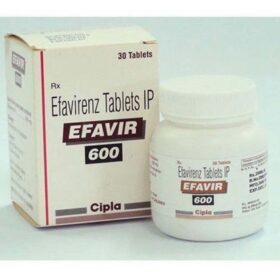
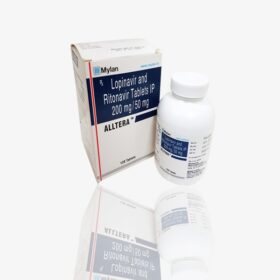




Reviews
There are no reviews yet.